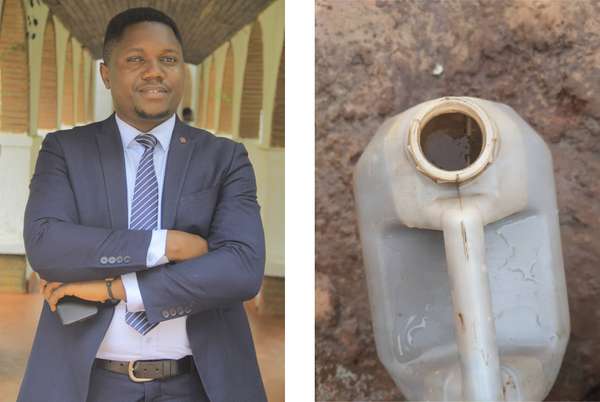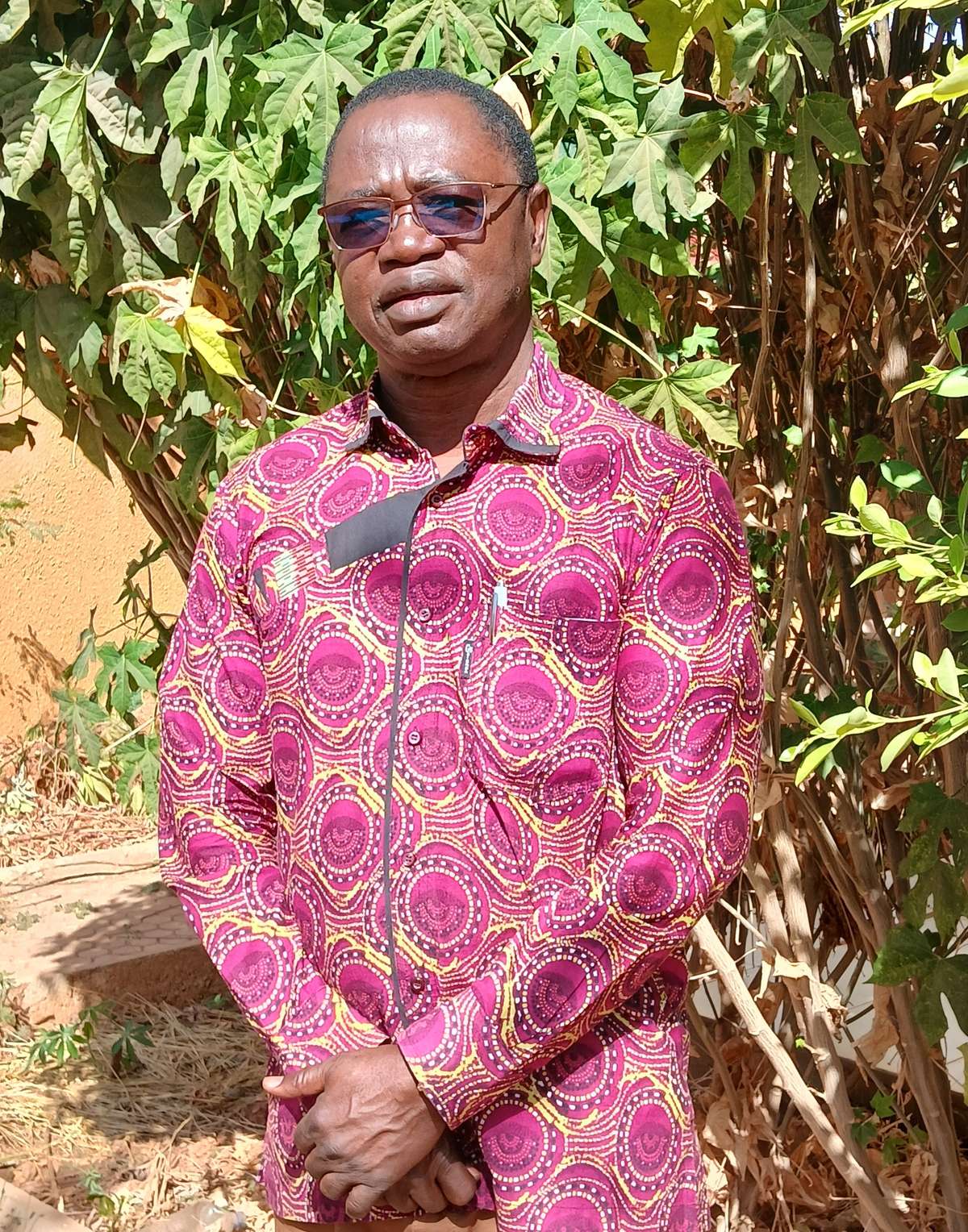Creation of bioliquid fertilizer in Central Africa 2025-12-09

I am Kasereka Kaghesi Richard, originally from the East of the DRC, Nord-Kivu Province, in the city of Butembo, coordinator of the organization POID-RDC (People Organizing Initiatives for Development). We express our sincere gratitude to ECHO, the trainer Hassan Djebro, the facilitator Mwalimu, and all the other trainers who continue to support us and strengthen our capacities through the webinar series ECHO is conducting for Central Africa.
Despite the material challenges, we are moving forward with determination. The training received has allowed us to transform simple local resources into a useful product for our communities. This proves that, even without significant resources, innovation and willpower can produce tangible results. We firmly believe that this work is a seed for a better future. With the experimentation of our biofertilizer, we are taking a new step towards agricultural empowerment and the sustainable development of our communities.
Thanks to the training received from ECHO, we followed the following steps:
- We took a 20-liter bucket.
- We started by adding manure, fresh herbs, two shovelfuls of soil, then ash, and water.
- We also added some animal bones and feathers.
- The mixture was kept in a shaded area.
- Every morning and every evening, we used a tree stick as a stirrer to mix the preparation.
This is the simple and effective procedure we applied to obtain our biofertilizer.
We will now move on to the utilization phase to experiment with our product directly in the field and observe its positive effects on our crops.


.jpeg?w=600)
